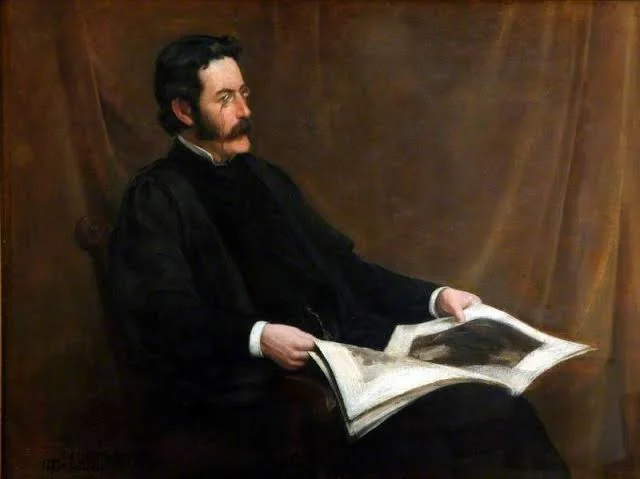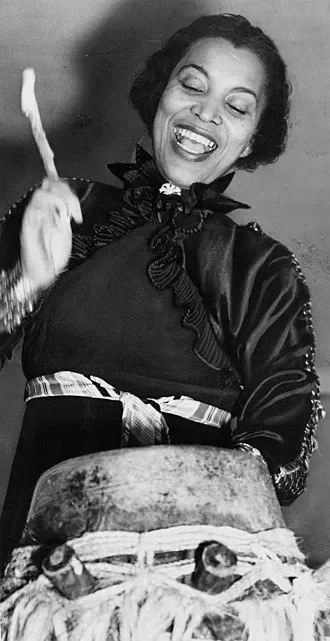Real Celebrities Never Die!
OR
Search For Past Celebrities Whose Birthday You Share

source:encrypted-tbn2.gstatic.com
James George Frazer
Birthday:
01 Jan, 1854
Date of Death:
07 May, 1941
Cause of death:
Unknown
Nationality:
Scottish
Famous As:
Folklorist
Age at the time of death:
87
James George Frazer's Quote's
Early Life and Education
Sir James George Frazer was born on January 1, 1854, in Glasgow, Scotland, to Katherine Brown and Daniel F. Frazer, a chemist. He attended Springfield Academy and Larchfield Academy in Helensburgh. His academic journey led him to the University of Glasgow and Trinity College, Cambridge, where he graduated with honors in classics. Frazer’s dissertation, “The Growth of Plato’s Ideal Theory,” showcased his early scholarly pursuits.
Academic Career at Trinity College
Although Frazer pursued legal studies at the Middle Temple, he never practiced law. His academic career was closely tied to Trinity College, Cambridge, where he became a fellow and was elected to the Alpha Fellowship four times. From 1907 to 1908, he spent an academic year at the University of Liverpool. In 1914, Frazer was knighted for his contributions to the social sciences, and in 1921, a public lectureship in Social Anthropology was established in his honor at prestigious universities, including Cambridge, Oxford, and Liverpool.
Personal Life and Challenges
Frazer married Lilly Grove in 1896, and they shared a life dedicated to his academic pursuits. Later in life, Frazer experienced severe visual impairment, possibly total blindness, starting in 1930. Despite this, he continued to work and produce scholarly contributions until his death.
Contributions to Anthropology and Folklore
Frazer’s career was centered on the study of myth, religion, and cultural evolution. His most famous work, ‘The Golden Bough’, a study of comparative religion, was first published in two volumes in 1890, later expanding to twelve volumes by 1915. His work explored the connections between myths and rituals across diverse cultures, influencing scholars like Sigmund Freud and T.S. Eliot. A six-volume commentary on Pausanias’ Description of Greece is among Frazer’s contributions to classical studies.
Theory of Cultural Evolution
Frazer’s theory of cultural evolution emphasized a progression from magic to religion to science, shaping discussions on the subject. This framework became a cornerstone in the study of mythology and anthropology, influencing many scholars in the early 20th century.
Other Major Works
Apart from *The Golden Bough*, Frazer authored *Totemism and Exogamy*, *Folklore in the Old Testament*, and *The New Golden Bough*. His work has been both celebrated and critiqued, particularly in the late 20th century. Scholars like Edmund Leach challenged the scope of his cross-cultural comparisons and identified biases in his interpretations.
Legacy and Impact
Despite the critiques, James George Frazer’s pioneering ideas and meticulous research continue to influence the study of mythology, religion, and cultural evolution. His groundbreaking work laid the foundation for future scholars in anthropology and comparative religion.
Death and Lasting Influence
James George Frazer passed away on May 7, 1941, at the age of 87 in Cambridge, England, where he spent most of his academic career. His contributions to anthropology and comparative religion, particularly through *The Golden Bough*, have left a lasting impact on the understanding of human culture and mythology.
Name:
James George Frazer
Popular Name:
James George Frazer
Gender:
Male
Cause of Death:
Unknown
Spouse:
Place of Birth:
Glasgow, Scotland
Place of Death:
Cambridge, England
Occupation / Profession:
Personality Type
Mediator: Poetic, kind and altruistic people, always eager to help a good cause. He was a generous person who wanted to help others.
Despite writing extensively about cultures around the world, Frazer rarely traveled outside of Britain, relying instead on questionnaires sent to missionaries and colonial officials for much of his data.
Frazer's most famous work, "The Golden Bough," started as a two-volume book in 1890 but expanded to 12 volumes by 1915, becoming one of the most influential works in anthropology.
Frazer was knighted in 1914 for his contributions to social anthropology, and a public lectureship was established in his honor at four major British universities in 1921.
He and his wife, who was a great help in his work, died within hours of each other in Cambridge in 1941, after being married for 45 years.
Awards Order of Merit
Fellow of the Royal Society

